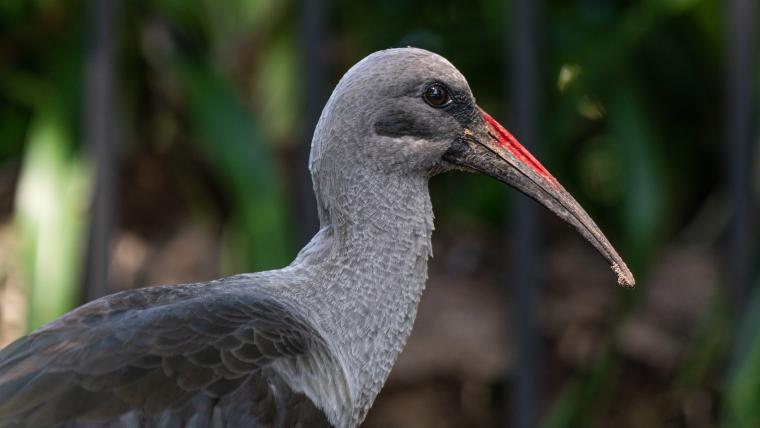
These children are inspiring hope for the world’s most trafficked mammal
Most people don’t know pangolins exist. And those who do are all-too-often driven by nefarious purpose. The scale-covered mammals live in the wild across Asia and Africa. But every year, more than 10 000 of them end up thrown into a sack or shoved into a freezer. Wanted for their scales and edible meat, the pangolin is the most trafficked mammal in the world. The false belief that their body parts can cure a range of ailments is driving them to extinction.
In 2016, a film and photographic series captured by Adrian Steirn brought the details of the pangolin’s plight to the world. After their numbers began to diminish in Asia, where they are most sought after, the remaining four African species were targeted. Pangolins protect themselves from natural predators by rolling into a ball and using their armour of scales as a defence, but this makes it easier for poachers to pick them up. Left to dehydrate and starve as they are transported across continents, their chances of survival are slim. But a brave group of people on the ground, with the support of the Tikki Hywood Trust, have been working to rescue and rehabilitate the pangolins that can still be saved. The documentation of their brave efforts did more than raise awareness – it changed the rules.
Previously, the pangolin trade was restricted, but not illegal. In 2016, the regulating body at CITES imposed a complete trade ban. Over 180 countries changed existing policies to shut down the trading of pangolins and their body parts. It’s a step in the right direction, but it can’t entirely prevent the trafficking as poachers find new ways and means of supplying the market. Now it’s as important as ever that the pangolins have people fighting for their survival. It’s a slow process to regain their trust, but the original ‘Pangolin Men’, who Steirn profiled, do it with patience and care. They know the fight is not over, and it’s not a fight they themselves may see the end of – but their children will. By passing down their conservation knowledge, these animal rescuers are raising a new generation who, with their expertise and compassion, will contribute to a safer world for the pangolin.






























Please sign in to leave a comment